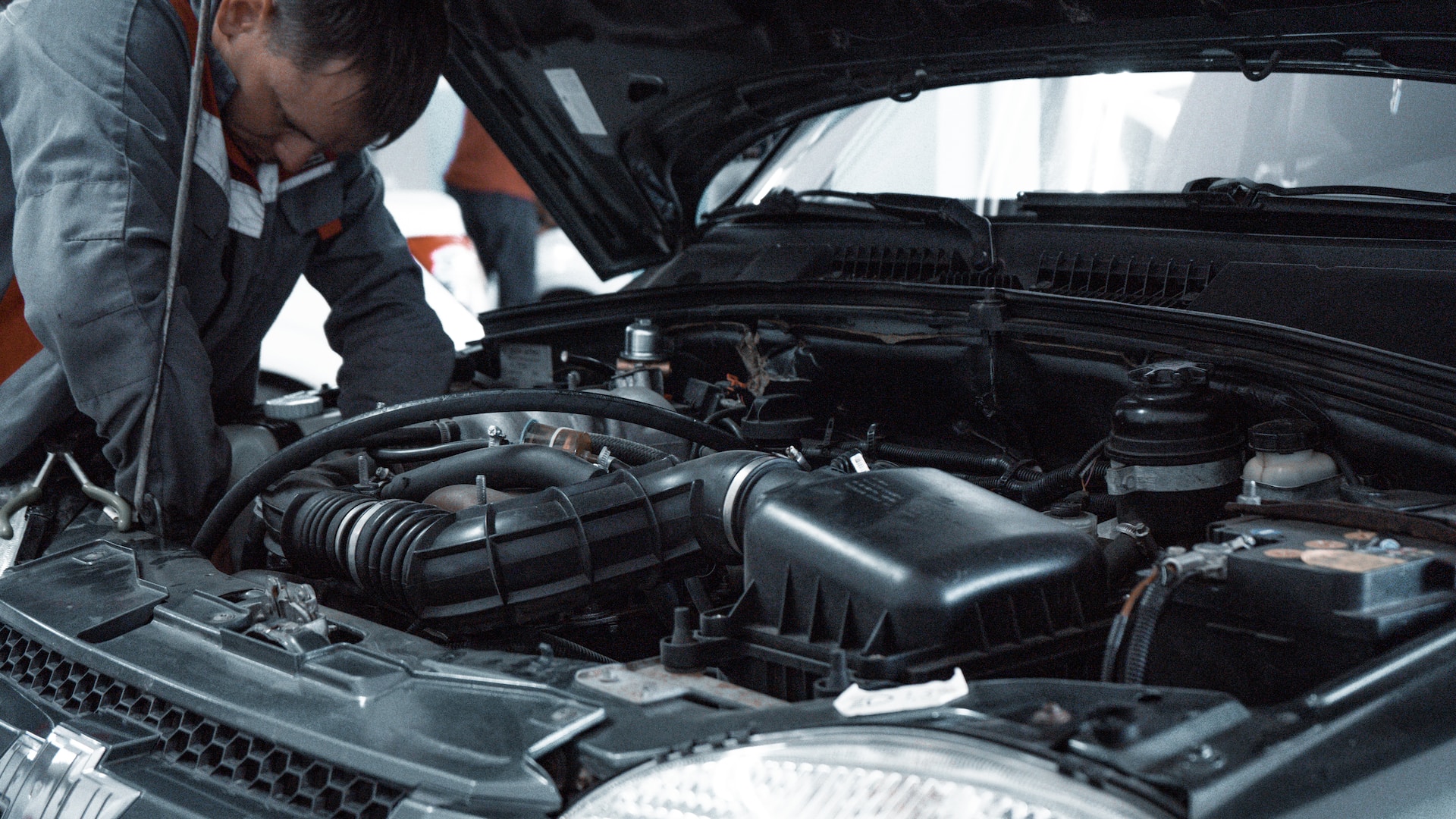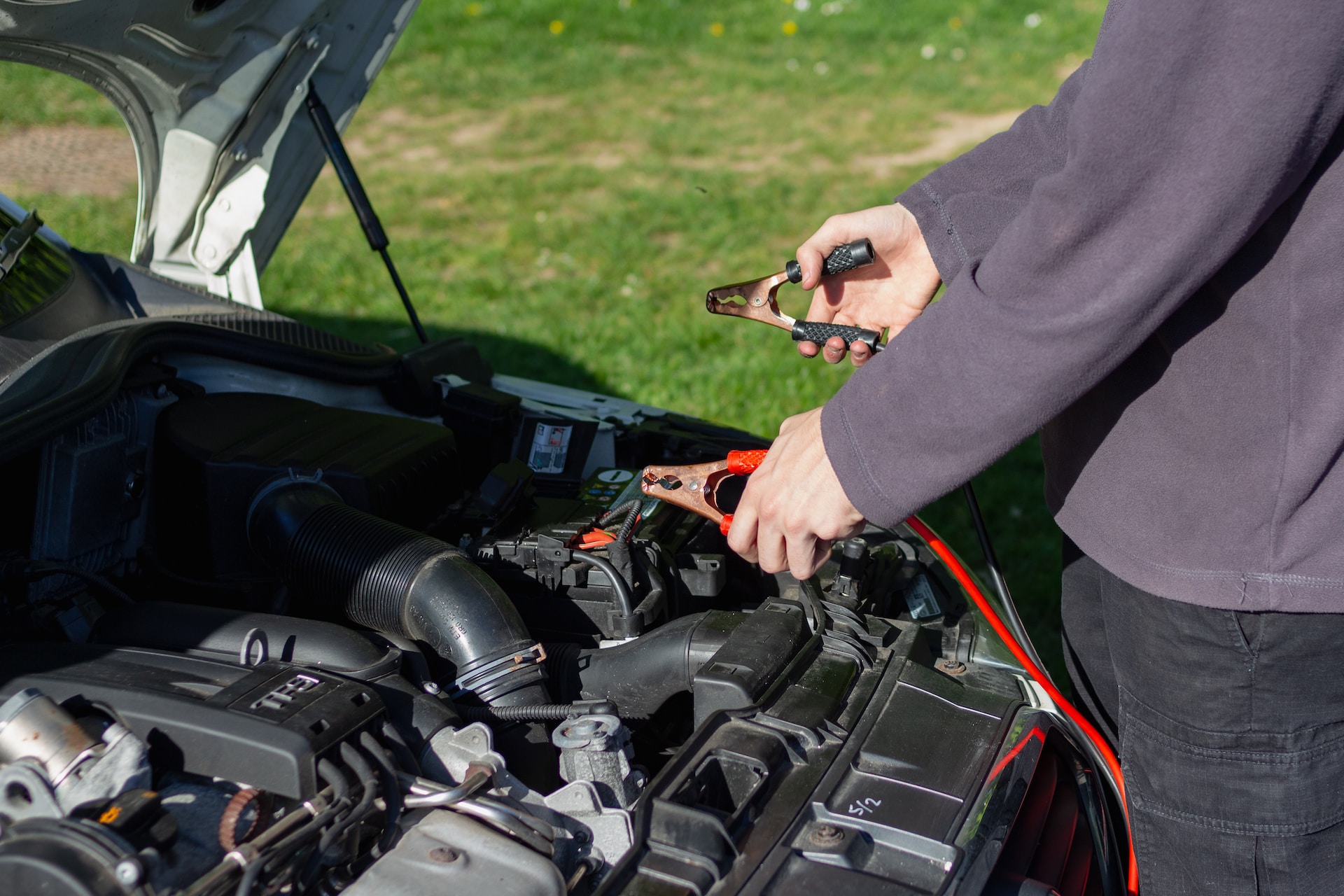If you are a proud car owner, and you want to avoid being faced with huge vehicle repair bills, then car longevity will be of the utmost importance to you. To keep your car going strong for years to come, you will need to keep on top of your regular car maintenance schedule. We will discuss the importance of car maintenance for longevity, and explain the various factors that go into maintaining a vehicle. These include professional car servicing, oil and fluid checks, tire care, and interior and exterior cleaning.
So, let’s explore each of these factors of car maintenance in more detail. By the end of this quick guide, you’ll have a much better idea of how to improve your vehicle’s longevity and reduce repair and replacement costs.
The Importance of Car Maintenance for Longevity
Car maintenance is the most important factor affecting vehicle longevity. Regular maintenance ensures that all features of the car are functioning in proper working order. This reduces the risks of costly repairs further down the line. It also keeps you safe on the roads, which is another top priority.
There are various elements of car maintenance including scheduled car servicing, oil and fluid checks, tire care, and cleaning of the interior and exterior of the vehicle. These actions keep the engine and other essential components working smoothly. Essentially, car maintenance comes down to avoiding the development of complications that lead to big repair and replacement costs.
Now, we will unpick several of the key components of car maintenance so you can create a reliable car maintenance schedule to keep yourself safe and keep your car on the road for as long as possible.
Professional Car Servicing
One of the best things you can do for your car is to ensure that you book it in for regular services. When you take your car for a professional VW service, you get a thorough and complete check over of all the main parts and systems of the car. From the air conditioning, hazard lights, and batteries to the brake pads, water pumps, air filters, clutch sets, and shock absorbers. This systematic review of the whole car is the best way to establish which features need attention and ensure that nothing goes unnoticed.
When you allow small breaks and general wear and tear to go unattended, this is when big costs are incurred. Replacing the AC system in a car alone can cost hundreds, meanwhile replacing the clutch pedals could take you into four digits of expenses. It is always best to keep on top of small breaks before they become big problems.
Oil and Fluid Checks
Another vital aspect of caring for your vehicle’s longevity is to check the oil and fluid levels regularly. The engine oil is essentially the lifeblood of the car, lubricating the moving parts of the engine and preventing friction. It is very important to change the oil every three to five thousand miles that the car drives. This will prevent engine damage and promote optimal performance of the vehicle.
On top of the engine oil, you will need to check and top up other fluids in the car regularly. For instance, brake fluids, coolant, transmission fluid, and power steering fluid are all vital c components of the vehicle’s smooth and functional operation. If you ignore the fluid levels, you can cause the car to overheat, experience transmission issues or the brakes could fail while you are driving.
Having routine checks on oil and fluid levels can also help you to detect issues like leaks or contamination early on. This allows for timely repairs, meaning you could avoid bigger costs in the future. Extending your car’s lifespan involves regular oil and fluid checks.
Tire Care
In terms of car maintenance for safe and efficient driving, tire care is up there as one of the most important factors. Moreover, it is very important for the lifespan of your vehicle, as worn or uneven tires can lead to vehicle instability and exacerbated wear and tear. You should rotate the tires regularly to ensure even wear of all four. Moreover, check tire pressure at least once a month and inflate them as needed.
You should also inspect your tires for signs of damage. The tell-tale signs are cuts, bulges, and punctures. Replace your tires as needed and ensure that you are never driving on a flat tire. Driving on a flat can cause significant damage to the car and you can lose control of the vehicle, lose brake efficiency, and risk a dangerous blowout.
Interior and Exterior Cleaning
It is strongly recommended to keep the interior cabin of your car clean by routinely vacuuming, washing seat covers, and removing trash from the car. You can have your car professionally cleaned if you do not know where to begin. Make sure everything in the car has a logical place to prevent a build-up of junk.
Moreover, you can store the car in a garage to protect the dashboard and exterior from sun damage. Proper car storage is also important for reducing the risks of mold, dampness, pests, and vandalism. You should regularly protect the exterior of your car by washing it thoroughly with car wash soap and applying wax every three to four months. This will protect the paint job from becoming eroded, faded, or peeling.
The key takeaway from this guide to car maintenance is that vehicle longevity can be optimized by taking proper care of the car. We have explored the importance of car maintenance and delved into the various aspects of looking after your vehicle. From professional car services to oil and fluid checks, tire care, and interior and exterior cleaning, you are now well-acquainted with the various steps you need to take to keep everything in good working order. These steps are so important because your vehicle can incur huge costs over time if left to fall into disrepair. If you are proud of your car and want to avoid unnecessary repair and replacement costs for car parts and systems, then regular car maintenance is essential.


